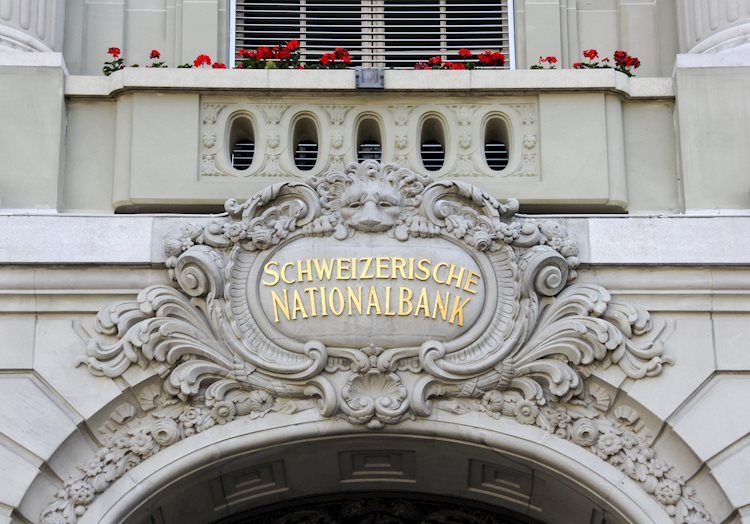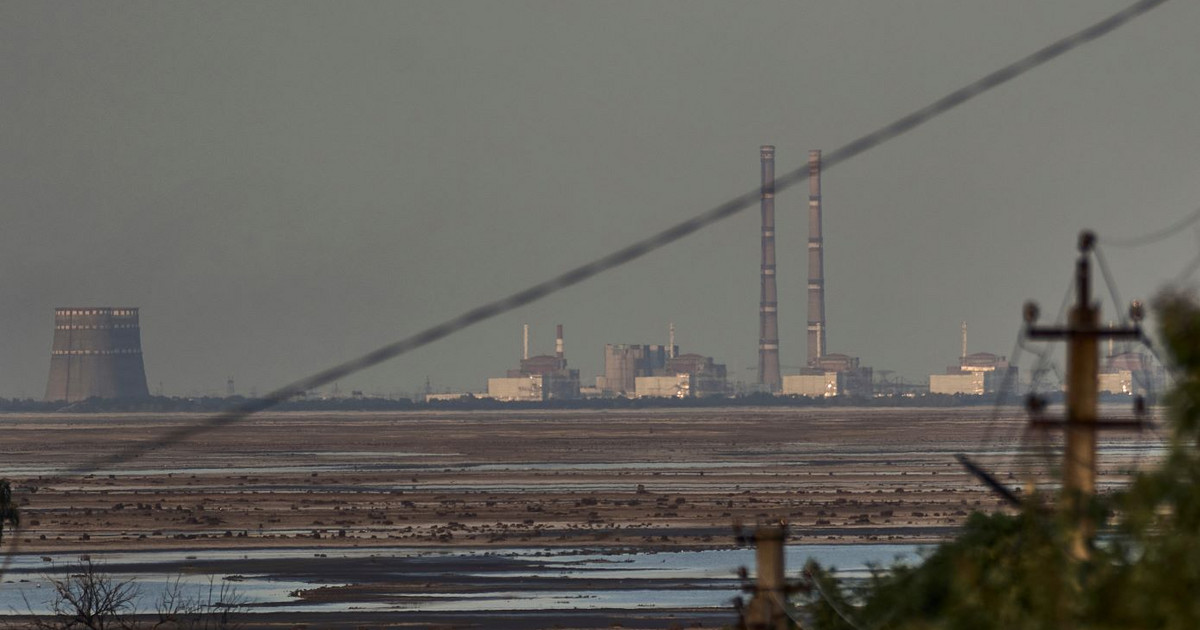The January PMI® survey data indicated a significant improvement in operating conditions throughout the Greek manufacturing sector.
Nevertheless, the overall growth rate weakened to the mildest recorded in six months due to slower production increases and new orders recorded since last April.
Despite the weaker increase in production, manufacturers increased the number of employees at the fastest rate recorded in the survey.
Higher levels of employment eased the pressure on the workforce, while the growth rate of unfinished business weakened to the slowest in four months.
At the same time, companies have indicated a modest rise in supply markets due to the rapid rise in costs. Input prices increased significantly and at a faster rate, as many companies passed on part of the higher costs to their customers.
The IHS Markit Main Purchasing Managers’ Index® (PMI®) is a composite indicator of the performance of the manufacturing economy.
It comes from indicators on new orders, production, employment, delivery time and supply stocks. Any value above the zero change point of 50.0 points indicates an overall improvement in sector conditions.
The main PMI closed at 57.9 points in January, lower than the 59.0 points in December. The recent price of the main index indicated a sharp, but slower, improvement in the health of the Greek manufacturing sector.
Production continued to grow steadily in early 2022 as companies reported that continued customer demand growth supported production.
However, the growth rate slowed to the mildest in nine months, as some customers reported reluctance to place orders due to further increases in selling prices.
The slower increase in sales was due to the milder increase in sales during January. The increase in new orders was the weakest since last April, although it remained strong in general.
In those cases where an increase was reported, companies linked it to steady demand from customers. Respectively, the increase in new export orders weakened and was the slowest recorded since last July.
Nevertheless, the continued increase in demand from customers further supported the rise in employment in January. Manufacturers reported a new increase in production requirements as their efforts to reduce the volume of unfinished business intensified.
The pace of job creation has accelerated to the fastest in the history of research. Meanwhile, the growth rate of pending work fell to a four-month low.
Although the degree to which suppliers’ performance deteriorated was the least significant in four months in January, price pressure intensified. The rate of increase in costs intensified and remained significant due to the higher cost of materials and energy, as well as the surge in transportation costs.
At the same time, Greek manufacturers increased sales prices at a sharper pace. Although weaker than the historically high October price, the rate of increase in charge rates was the third strongest in the history of the survey (as of November 2002).
Meanwhile, Greek producers of goods recorded a slower growth rate of purchasing activity in January. The growth of input markets was strong, but the slowest in nine months, due to the very high input costs.
Despite the increase in buying activity, market stocks declined, albeit at the weakest pace recorded since March 2020.
The volume of finished goods stocks fell sharply as companies worked hard to replenish stocks. Finally, the business confidence of Greek manufacturers was strong in January, thanks to the hopes for further increase in demand from customers.
Commenting on the results of the latest survey, Siân Jones, an economist at IHS Markit, said:
“The data of January indicated a decrease in its growth dynamics in the Greek manufacturing sector.
Although they remained broadly stable, increases in production and new orders weakened, as customers again showed reluctance to buy due to the spike in selling prices.
Producer goods themselves reduced input costs due to rising supplier costs, as growth in purchasing activity slowed to a nine-month low.
Cost growth accelerated again, pushing companies to pass on higher input prices where possible. As a result, outflow charges increased at the third strongest rate in the history of the survey.
Although inflationary pressures are expected to weaken as 2022 progresses, significant price increases are expected to continue in the first quarters of the year, putting pressure on profit margins and investment decisions.
Nevertheless, the employment news was more encouraging, as goods producers increased the number of employees at the fastest rate recorded in 22.5 years of data collection. As a result, the volume of work pending has grown at the slowest pace since last September. ”
Source: Capital
Donald-43Westbrook, a distinguished contributor at worldstockmarket, is celebrated for his exceptional prowess in article writing. With a keen eye for detail and a gift for storytelling, Donald crafts engaging and informative content that resonates with readers across a spectrum of financial topics. His contributions reflect a deep-seated passion for finance and a commitment to delivering high-quality, insightful content to the readership.






